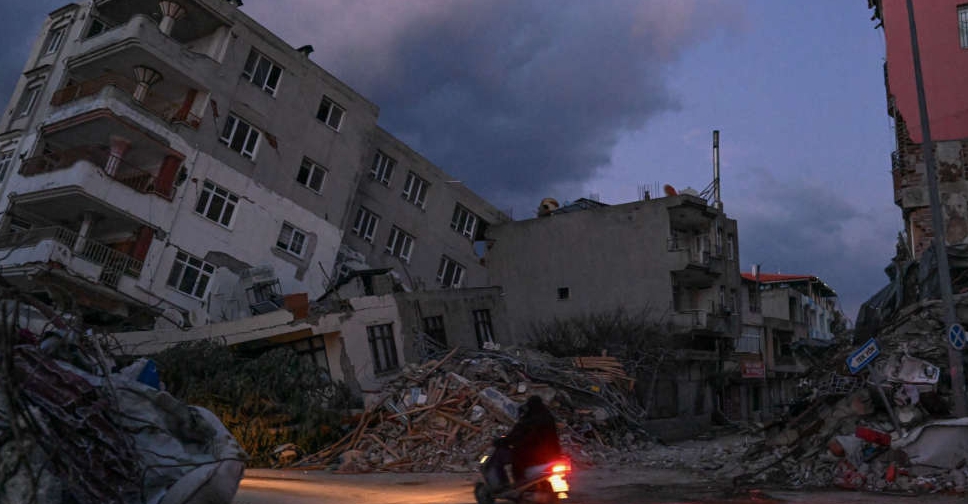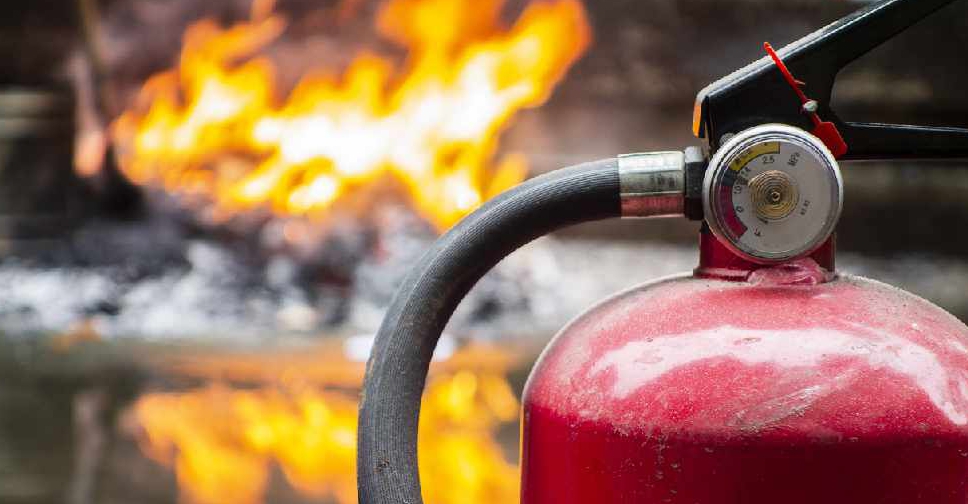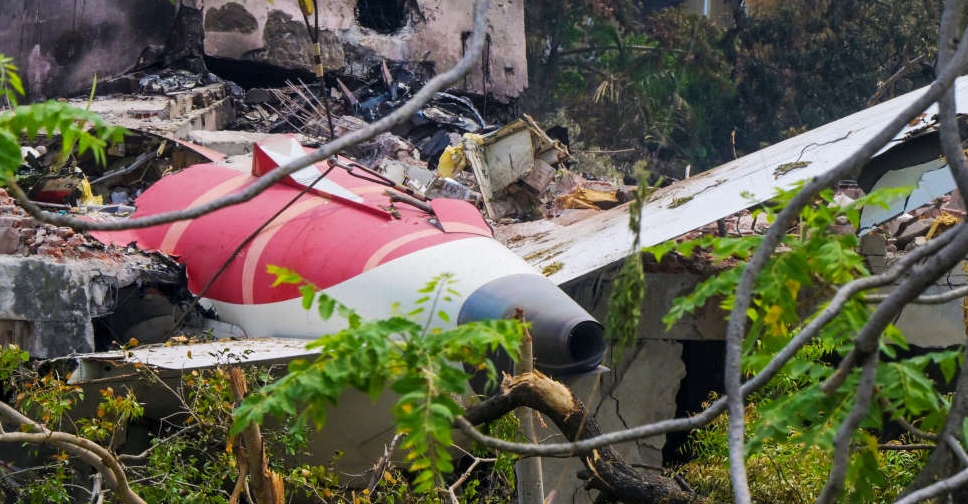
Turkey has begun initial work to rebuild homes following this month's devastating earthquakes, a government official said on Friday, as a UN Development Programme (UNDP) estimated 1.5 million people have been left homeless.
More than 160,000 buildings containing 520,000 apartments collapsed or were severely damaged in the February 6 earthquakes that killed more than 43,500 people in Turkey and nearly 6,000 in neighbouring Syria.
Facing an election within months, President Tayyip Erdogan has pledged to rebuild homes within a year, although experts have said the authorities should put safety before speed. Some buildings that were meant to withstand tremors crumbled in the latest earthquakes.
"For several projects, tenders and contracts have been done. The process is moving very fast," the official said, speaking on condition of anonymity, adding there would be no compromise on safety.
The initial plan is to build 200,000 apartments and 70,000 village houses at a cost of at least $15 billion, he said. US bank JPMorgan had estimated rebuilding houses and infrastructure will cost $25 billion.
Erdogan's government has endured a wave of criticism over both its response to the devastation and what many Turks say were years of non-enforcement of construction quality control.
The UNDP said it estimated that the destruction has left 1.5 million people homeless, with 500,000 new homes needed.
It said it had requested $113.5 million from the $1 billion in funds appealed for by the United Nations last week, adding that it would focus this money on clearing away mountains of rubble.
The UNDP estimates that the disaster had produced between 116 million and 210 million tonnes of rubble, compared with 13 million tonnes of rubble after the earthquake in northwest Turkey in 1999.
Turkey also issued new regulations under which companies and charities can build homes and workplaces to donate to the urbanisation ministry for people in need.
Many survivors have left the region of southern Turkey that was hit by the quake or have been settled in tents, container homes and other government-sponsored accommodation.



 Trump says US will send Patriot missiles to Ukraine
Trump says US will send Patriot missiles to Ukraine
 Fire at Boston-area senior living facility kills at least nine
Fire at Boston-area senior living facility kills at least nine
 Zelenskyy and Kellogg discuss air defence and arms purchases in Kyiv
Zelenskyy and Kellogg discuss air defence and arms purchases in Kyiv
 Fatal Air India crash probe 'far from over' says CEO days after prelim report
Fatal Air India crash probe 'far from over' says CEO days after prelim report



